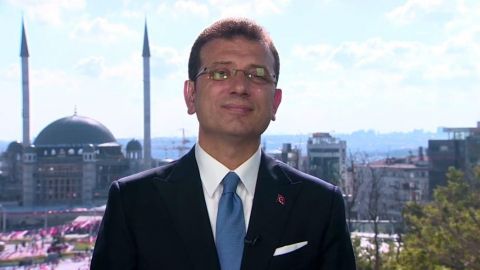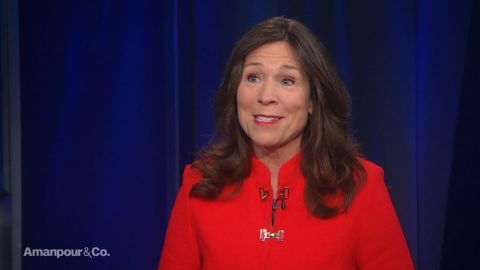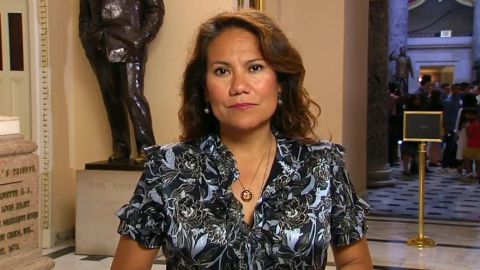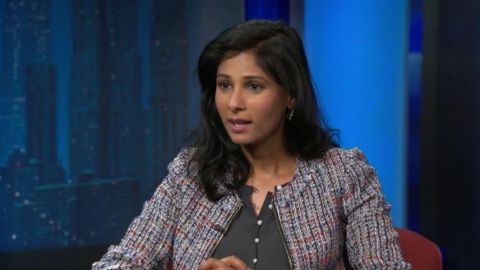Read Transcript EXPAND
CHRISTIANE AMANPOUR: I mean, you can see he’s very friendly man and knows how to throw around a slogan and, again, said everything is fine. I mean, he’s got the touch.
KORI SCHAKE, DEPUTY DIRECTOR, INTERNATIONAL INSTITUTE FOR STRATEGIC STUDIES: Yes. And I thought it was extraordinarily positive that he’s not focusing on settling scores, that he’s emphasizing what his job is, not the judiciary’s job, which is not only good for the people of Istanbul but also likely to diminish the prospects that President Erdogan will try to seek revenge for losing Istanbul.
AMANPOUR: I mean, just before we get to what ripple effect this could have, I mean, what do you — what impact do you think it will have on President Erdogan, the fact he publicly called for this election to be rerun, he dismissed Imamoglu’s first victory and delivered him a victory massively bigger in the second round?
SCHAKE: There’s no way around the fact it’s an enormous political defeat for President Erdogan and the first one that he’s experienced in his time in power. Having started out as mayor of Istanbul and then become prime minister and then that the constitution changed to give the president the powers that he has been exercising. I really thought it was important you emphasize the repressive nature of Turkey under President Erdogan and that they have the highest number of journalists in prison of any country in the world. I think that’s a good metric for just how authoritarian Turkey has become.
AMANPOUR: So, then the next question, obviously is, what can the mayor do in the face of a president who runs most of the policies, as you say, to constitutional changes to make that happen despite how important Istanbul is and that he has the — really the people behind him? I mean, could it be the earthquake some are saying it is?
SCHAKE: A big reason why President Erdogan is still in power is the weak and divisive nature of the opposition. And so the new mayor of Istanbul, as we just saw, he’s so hopeful. He’s so dedicated. If he’s able to govern that way, he can rebuild the strength of the opposition party. And that would discipline President Erdogan enormously.
AMANPOUR: See, that’s interesting. He did reach out, as he said, to all the opposition parties and he got, you know, not a coalition but he got everybody sort of on board. It seems to be. What about the impact on authoritarianism? And not just in Turkey but as an example of potentially a backlash in grassroots politics against what we’ve been seeing on the populism that some say Erdogan himself, you know, embodied ever since 2016, at least.
SCHAKE: Yes. I hope it’s a sign that cracking down and the drift towards authoritarianism, that freedom house, and other good NGOs have marked for us all over the last several years is being pushed back.
About This Episode EXPAND
Christiane Amanpour speaks with U.S. House Democrat Veronica Escobar about the situation at the Souther border. Ekrem İmamoğlu and Kori Schake join the program to discuss Turkey’s current political situation. Gita Gopinath joins Walter Isaacson to discuss the state of the global economy and her own personal journey growing up in India.
LEARN MORE



